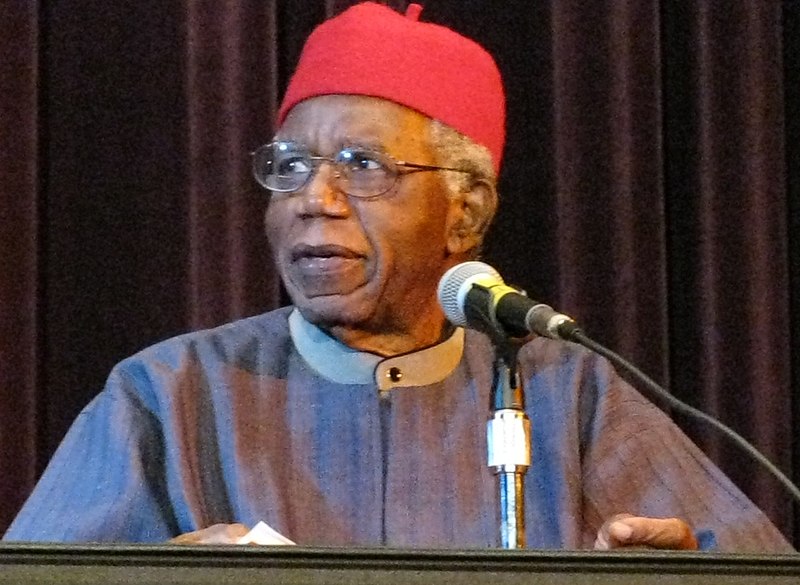
A Literary Analysis
Things Fall Apart by Chinua Achebe is considered a masterpiece that reveals the rich and complex African culture while exploring the challenges and victories of the Igbo community.
The aforementioned novel is a profound glimpse into a society with archaic practices, with new concepts added through cultural evolution or outside influence.
Who Was Chinua Achebe?
Chinua Achebe was a Nigerian novelist, poet, professor, and critic best known for his first novel, "Things Fall Apart" (1958).
The book mentioned is considered to be the most precise narrative ever written about life in Nigeria. It has also been adapted for the stage, radio, and television.
An Analysis of Things Fall Apart
Things Fall Apart is a narrative that centers around the tragic fall of the protagonist, Okonkwo, and the eventual impact to the Igbo culture due to external influences.
The novel is set in the village of Umuofia in Eastern Nigeria. It explores themes such as family, religion, tradition, language, masculinity, fate, free will, and the influences of colonialism on indigenous cultures.
Okonkwo is a respected leader in the Igbo community; he is known for his hard work and determination, which helped him overcome the shameful legacy of his father, Unoka, who was a lazy man who was content to just play music and drink palm wine and who died with a huge debt. Hence, he got no titles and no respect from the tribe.
The arrival of Christian missionaries started a period of significant change that led to conflict and the eventual breakdown of what was previously practiced in Igbo society. Okonkwo can't do anything about this change because he can't deal well with such a change, which causes him to become depressed. Later, he hangs himself.
The novel uses various literary devices, including irony and foreshadowing, to effectively convey its themes and messages. For instance, Okonkwo's eventual suicide is ironic, considering his previously stated belief that he could survive anything, highlighting his inability to cope with change and the resulting depression.
The Resemblance between Igbo Culture in Nigeria and Other African Cultures
The Igbo culture in Nigeria and some African cultures almost did the same thing, as they shared a willingness to adapt to the ever-changing modern world rather than dwelling on what was embedded in their cultures. This is also evident in the Igbo culture depicted in the novel Things Fall Apart, where they embrace the changes happening in their culture and village.
Conclusion
Things Fall Apart is a timeless story that explores the depth and richness of African culture and provides valuable insights to everyone, such as the inevitable nature of change.
Through this timeless story and the depiction of Igbo culture, Achebe successfully presents a story that is both authentic and profoundly moving, making it a must-read for anyone interested in understanding the complexities of African history and culture.

